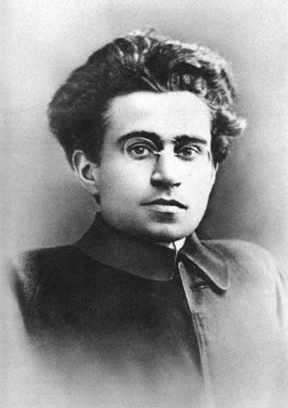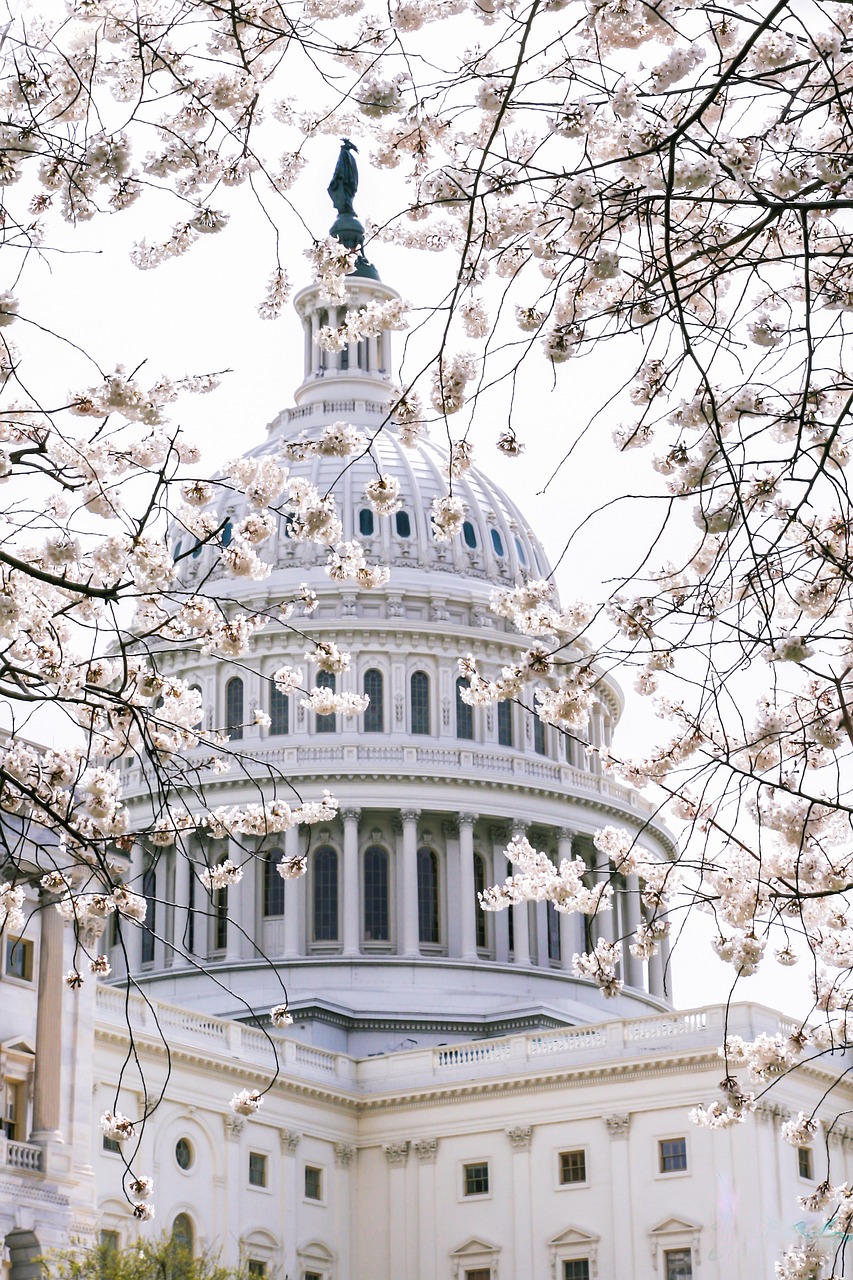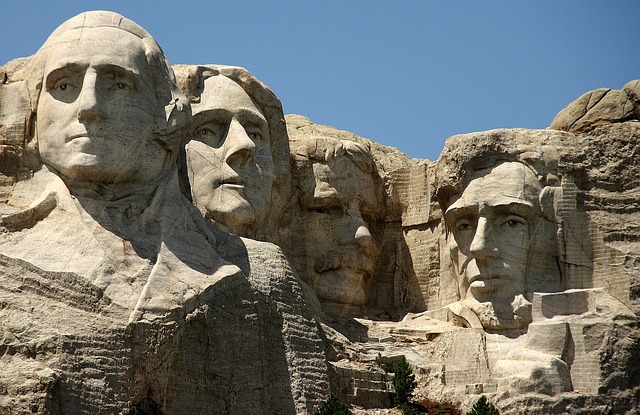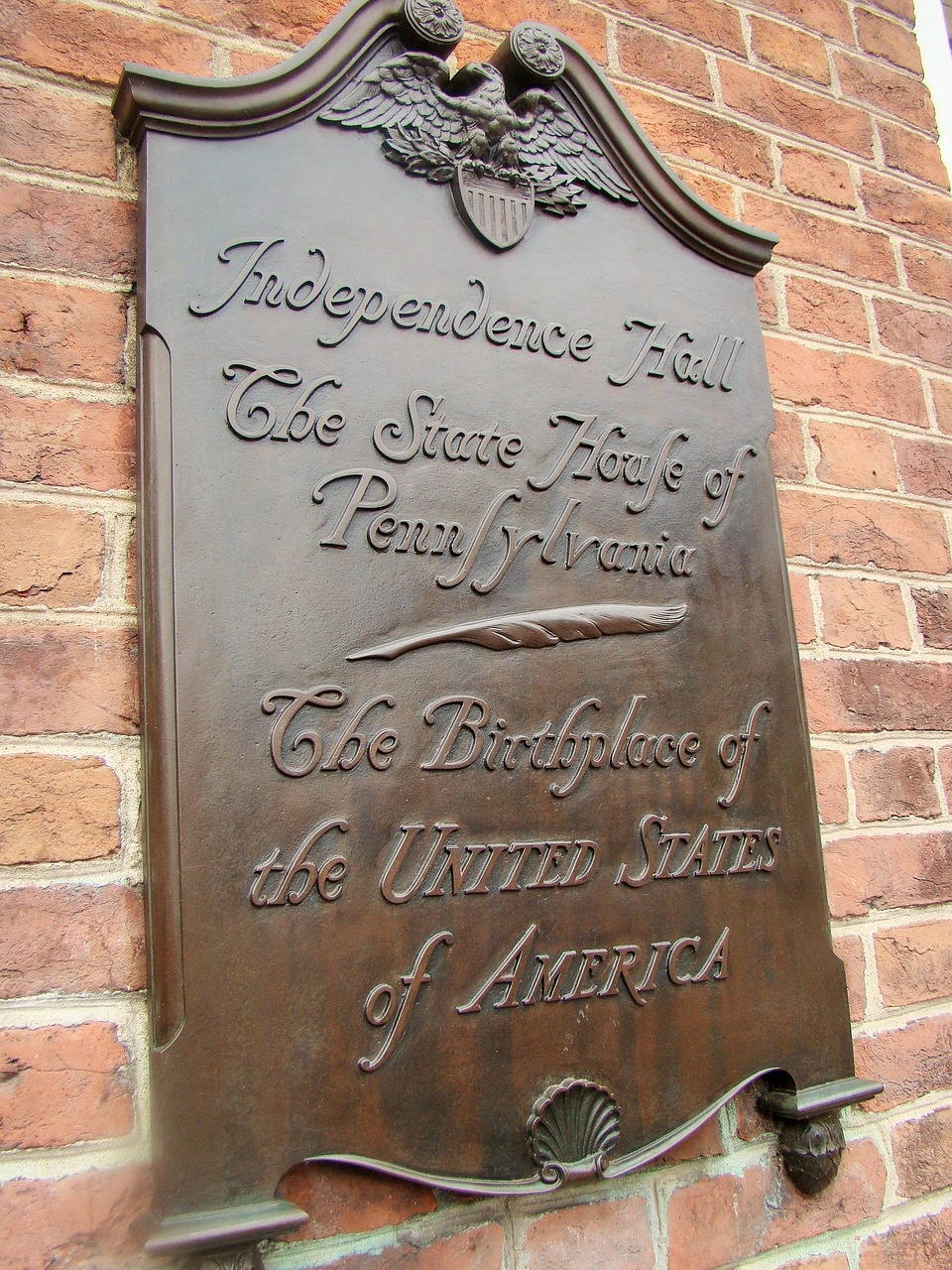Antonio Gramsci, a thinker synonymous with revolutionary thought, cultural hegemony, and the war of position, was an Italian intellectual and political activist who left an indelible mark on 20th-century Marxist theory. His life, a tapestry of brilliance, tragedy, and unyielding commitment, unfolded amidst the tumultuous political landscape of Italy between…
-
-
The Fabian Society, a British socialist society founded in 1884, holds a unique position in the history of socialist thought. While many socialist movements embraced revolutionary tactics and sought to overthrow existing systems, the Fabians adopted a more gradualist approach, aiming to achieve their goals through education, persuasion, and incremental…
-
The late 19th and early 20th centuries in the United States witnessed a profound social, political, and economic transformation known as the Progressive Era. From the 1880s through the 1940s, this era was characterized by a surge of reform movements that aimed to address the challenges and injustices arising from…
-
The ratification of the United States Constitution in 1788 marked a pivotal moment in American history, signaling the transition from a loosely confederated group of states to a more unified nation. However, the path to ratification was challenging, as two opposing factions emerged with distinct views on the proposed form…
-
The United States Constitution, a beacon of democracy and individual liberty, enshrines the principle of separation of church and state, a cornerstone of American society. This principle, rooted in the First Amendment, safeguards religious freedom and ensures that the government remains impartial in matters of faith. The Federalist Papers, a…
-
The Church of England, established in the 16th century, significantly shaped English society and political landscape. Its influence extended far beyond religious matters, permeating social, economic, and political spheres. However, when the American founders embarked on creating a new nation, they consciously sought to distance their fledgling democracy from the…
-
The Federalist Papers are a collection of 85 essays written by Alexander Hamilton, James Madison, and John Jay in support of the ratification of the United States Constitution. The essays were published anonymously in newspapers in New York in 1787 and 1788. The Federalist Papers are considered one of the…
-
Freedom of speech is a fundamental human right enshrined in the First Amendment of the United States Constitution and many other international and national human rights instruments. It is the right to express one’s opinions and beliefs without government interference. However, freedom of speech is not absolute. Certain types of…
-
The Second Amendment to the United States Constitution, guaranteeing the “right of the people to keep and bear Arms,” stands as a cornerstone of American liberty. Its interpretation and application have been the subject of much debate throughout the nation’s history. The Federalist Papers, a collection of essays penned by…
-
The Second Amendment to the United States Constitution states: “A well-regulated Militia, being necessary to the security of a free State, the right of the people to keep and bear Arms, shall not be infringed.” This amendment has been the subject of much debate and controversy, with many arguing that…









